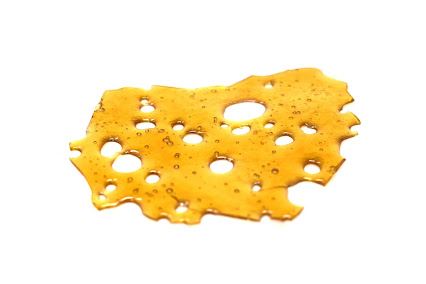The use of cannabis in treating multiple sclerosis symptoms
Multiple sclerosis (MS) is a chronic autoimmune disorder that affects the central nervous system. It causes a wide range of symptoms, including muscle spasms, pain, fatigue, and cognitive impairment. While there is no cure for MS, there are several treatment options available to manage symptoms and slow disease progression. One of the treatment options that have gained increasing interest in recent years is the use of cannabis.
Cannabis contains more than 100 different chemical compounds called cannabinoids. Among these, delta-9-tetrahydrocannabinol (THC) and cannabidiol (CBD) are the most studied and widely used for medicinal purposes. THC is known for its psychoactive effects, while CBD is non-psychoactive and has been found to have therapeutic benefits.
Several studies have investigated the potential therapeutic benefits of cannabis for MS symptoms. A review published in the Journal of Neurology in 2018 analyzed the findings of 17 randomized controlled trials involving 3,161 participants. The review found that cannabis-based medicines, particularly those containing THC and CBD, were effective in reducing spasticity and pain in MS patients.
Spasticity is a common symptom of MS characterized by muscle stiffness and spasms, which can be painful and impair mobility. Several studies have shown that cannabis-based medicines can help reduce spasticity in MS patients. A study published in the Journal of Neurology, Neurosurgery & Psychiatry in 2012 investigated the effects of Sativex, a cannabis-based medicine containing THC and CBD, on spasticity in 276 MS patients. The study found that Sativex significantly reduced spasticity and improved sleep quality compared to a placebo.
Pain is another common symptom of MS that can be challenging to manage with conventional treatments. Cannabis has been found to have analgesic properties and can help reduce pain in MS patients. A study published in the Journal of Pain and Symptom Management in 2018 investigated the effects of smoked cannabis on chronic pain in 23 MS patients. The study found that smoked cannabis significantly reduced pain intensity and improved sleep quality compared to a placebo.
Cannabis may also have neuroprotective effects that can help slow disease progression in MS patients. MS is characterized by the destruction of myelin, a protective coating that surrounds nerve fibers in the central nervous system. CBD has been found to have neuroprotective effects and may help prevent myelin loss in MS patients. A study published in the Journal of Neuroimmunology in 2017 investigated the effects of CBD on myelin loss in a mouse model of MS. The study found that CBD prevented myelin loss and reduced inflammation in the central nervous system.
Despite the potential therapeutic benefits of cannabis for MS symptoms, there are some important considerations to keep in mind. Cannabis use may cause side effects, including dizziness, dry mouth, and cognitive impairment. Additionally, long-term cannabis use may be associated with an increased risk of respiratory problems and addiction.
Moreover, the quality and composition of cannabis products can vary widely, which can affect their therapeutic effectiveness and safety. In some cases, cannabis products may contain contaminants such as pesticides, heavy metals, or other harmful substances that can pose health risks.
Conclusion
Cannabis has shown potential therapeutic benefits for MS symptoms. The compounds in cannabis such as THC and CBD can help reduce spasticity and pain in MS patients and may have neuroprotective effects that can help slow disease progression.
If you are looking to try medical cannabis to manage or treat multiple sclerosis symptoms should consider purchasing cannabis products from Top BC Cannabis, an online cannabis retailer in Canada. Top BC Cannabis is a popular online weed dispensary that offers a wide variety of cannabis products, including flowers, concentrates, edibles, and more.




Comments
Post a Comment